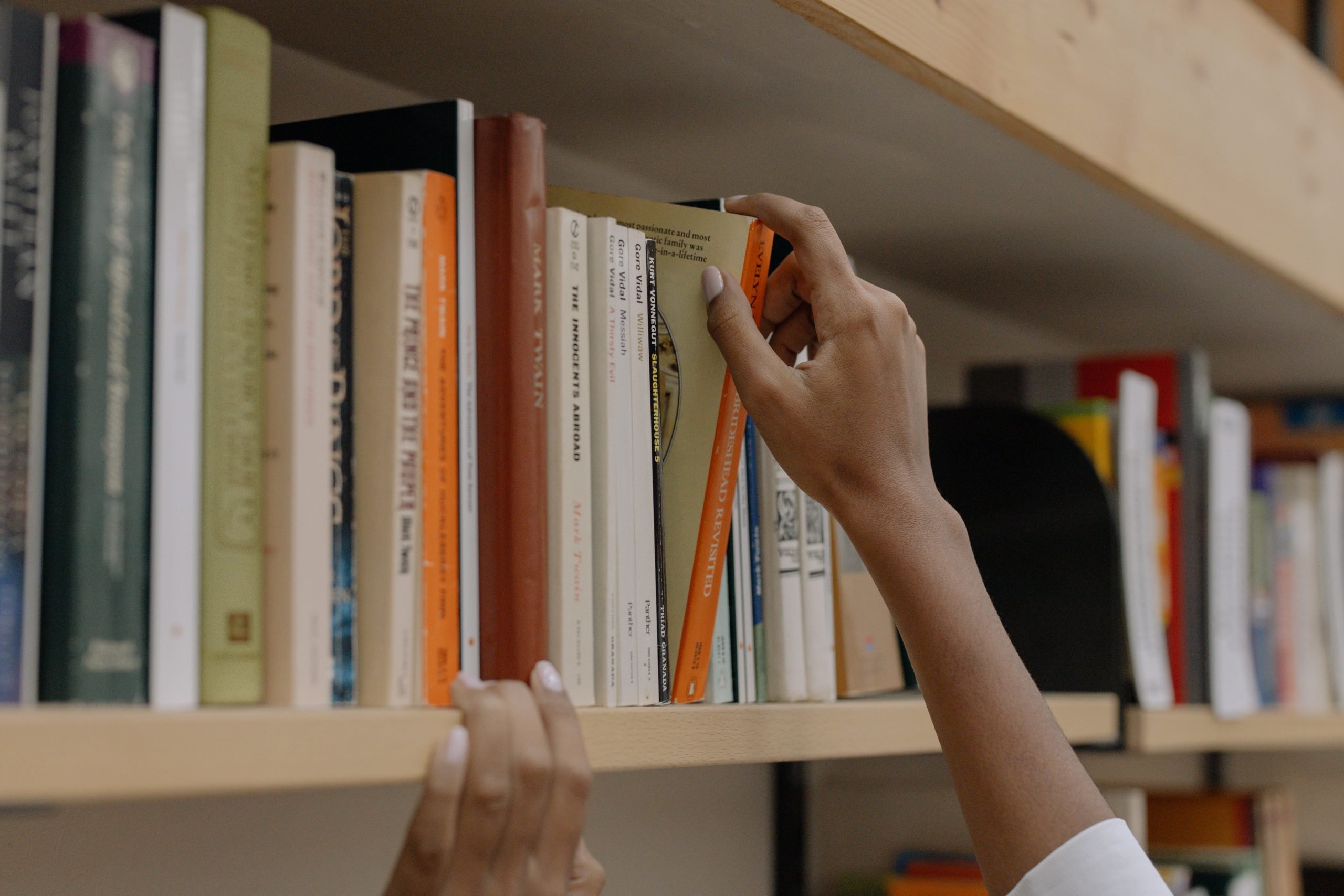The Varsity Blues college admissions scandal overshadowed what is, for most, a bigger issue: college readiness. After all, getting into a college isn’t of much value if a student isn’t actually prepared for the work required to succeed.
In fact, as university provosts and deans have shared with me over the past year, our traditional indicators for measuring a student’s ability to succeed in college have proven increasingly unreliable. Many are coming to realize that GPA and scores on entrance exams are not necessarily accurate indicators that someone is ready to do college-level work. While these tools may indicate a general cognitive ability or the potential to memorize and manipulate sets of foundational information in math, English, reading, and science, they do not necessarily measure the maturity level of a person’s thinking or their aptitude for learning.
In other words, knowing sufficient information to process what is being presented in college classes does not necessarily correlate to being able to think critically about that information. It is also not a reliable indicator of a person’s ability to take responsibility for their thinking and learning.
This gap between knowing information and being able to think and self-direct in the learning process is one of the reasons an increasing number of institutions is de-emphasizing entrance-exam scores in the admissions process.
More than 220 colleges have de-emphasized the ACT and SAT since 2005, according to the National Center for Fair and Open Testing, a watchdog group. Last year Colby College was among nearly 30 institutions to drop or modify their testing requirements.
One reason the list is likely to keep growing: data. Colleges are using ever more sophisticated statistical analyses to better understand how their students perform. On many campuses, deep dives into enrollment data have helped admissions offices determine what applicant information actually helps them predict student outcomes, such as first-year grades and progress toward a degree. Chicago found that ACT and SAT scores didn’t tell it much about who would succeed and who would struggle.
What Students Should Know Before Starting College
Now, back to the question. If your goal is to prepare your child for real academic success in college and beyond, you need to look beyond the traditional admissions requirements and work with them to develop some essential skills. These are the same skills, by the way, that we focus on in our College Readiness one-hour course.
1. How to Study and Learn in College
One of the biggest differences between high school and college courses is the expectation that students are responsible for their own learning. They must manage their personal schedules and take ownership of their studies. They will have to develop their own study materials and strategies, as well as maintain their motivation. College students must also adjust to the fact that answers and explanations may not be provided conveniently by instructors. Students will have to find these on their own.
2. How to Think
Successful college students have a “learner’s mindset.” They are explorers who enjoy being pushed centrifugally outward into the world to discover new things. As part of this discovery process, they must be able to think critically, creatively, and strategically, connecting information from across the curriculum to form new mosaics of understanding.
3. How to Communicate
Strong written and oral communication abilities are critical to college readiness and success. Students need to understand the appropriate channels of communication in college and learn how to take advantage of those channels for proper effect. They will also need to become effective listeners, knowing how to ask good questions and collaborate productively in group projects. Successful college students are able to assert their ideas and opinions and disagree respectfully with other students and their instructors.
Learning is More Than Grades on a Transcript
Many students understand the game of high school. Read (most of) the book. Take notes in class. Turn in the assignments. Get the passing grade. The shift to college puts more onus on students to understand how and what they learn best. Earning a high grade on an entrance exam isn’t enough to prove that a student is ready for the next step. If they don’t enjoy the process of learning and connecting ideas across course silos, the next few years may be a struggle.




